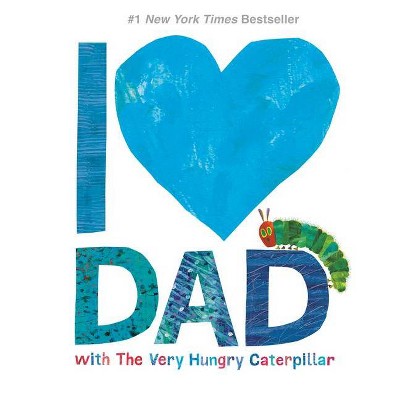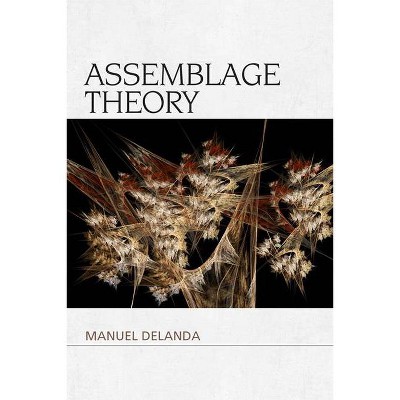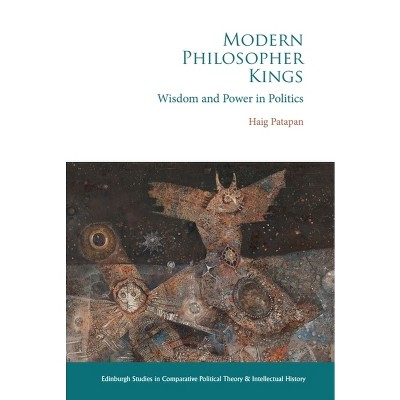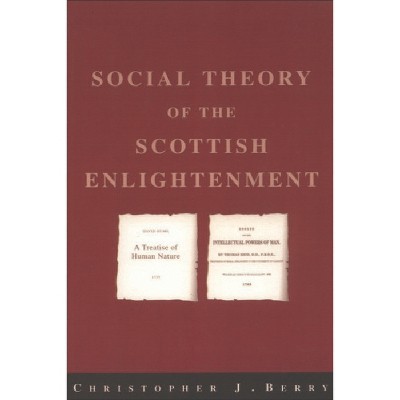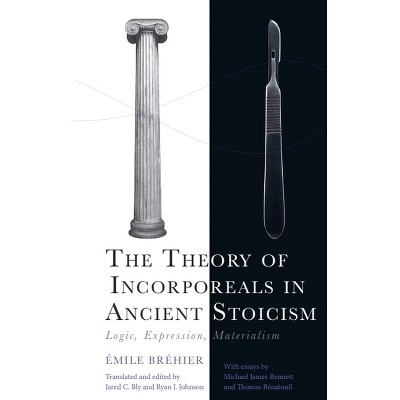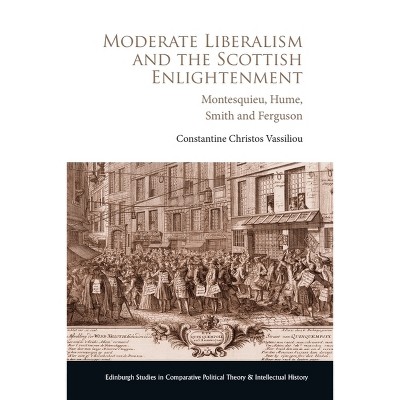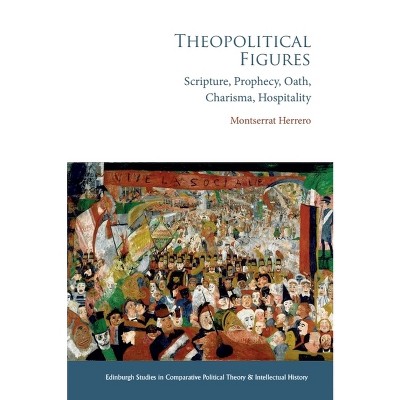About this item
Highlights
- Describes a new, systematic process philosophy of science and technology focused on the agency and mobility of objects.
- About the Author: Thomas Nail is Distinguished Scholar and Professor of Philosophy at the University of Denver.
- 304 Pages
- Philosophy, Metaphysics
Description
About the Book
Describes a new, systematic process philosophy of science and technology focused on the agency and mobility of objects.Book Synopsis
Describes a new, systematic process philosophy of science and technology focused on the agency and mobility of objects.From the Back Cover
'Nail's inter-disciplinary command skilfully navigates debates about the nature of reality across the humanities, mathematics and the sciences. We learn that objects are indeterminate, and objectivity, observation and even anthropocentrism are not what they seem. By destabilising foundations Nail's kinesis and process history provokes fascinating quandaries and speculative possibilities.' Vicki Kirby, University of New South Wales 'We live in an age of objects' Thomas Nail approaches the theory of objects historically in order to tell a completely new story in which objects themselves are the true agents of scientific knowledge. They are processes, not things. This is the first history of science and technology, from prehistory to the present, illuminating the agency, knowledge and mobility of objects. Thomas Nail is Professor of Philosophy at the University of Denver. He is the author of ten books, including Lucretius I, II, and III, The Figure of the Migrant, and Being and Motion. Cover image: (c) iStockphoto.com Cover design: riverdesignbooks.com [EUP logo] edinburghuniversitypress.com ISBN 978-1-4744-8792-4 [PPC] ISBN 978-1-4744-8793-1 [cover] BarcodeReview Quotes
Nail's inter-disciplinary command skilfully navigates debates about the nature of reality across the humanities, mathematics and the sciences. We learn that objects are indeterminate, and objectivity, observation and even anthropocentrism are not what they seem. By destabilizing foundations Nail's kinesis and process history provokes fascinating quandaries and speculative possibilities.--Vicki Kirby, University of New South Wales
Nail's view of the object can be characterized as "change is the only constant" (to quote those who have gone before). Nail (Univ. of Denver) sets out to convince readers that reality is not a stable essentialist subject/object dichotomy but rather a materialist process of kinetic historical progression. (...) That said, Nail's writing style is generally approachable, so even readers not drawn to academic philosophy of science might find this an interesting read.--J. Gough "CHOICE"
This book can act as a bridge that will create understanding between a wide variety of scientific practice, as all of us can connect to the material processes Nail describes. Something that, admittedly, most of the research I engage and compare his writing to, will not.--Milan Kroulík "MATTER"
About the Author
Thomas Nail is Distinguished Scholar and Professor of Philosophy at the University of Denver. He is the award-winning author of eight prestigious University Press books which cover a wide range of topics including migration, borders, technology, digital media, history, science, economics, contemporary politics and climate change. His current research focuses on the influence of mobility on society and the arts in the 21st century. His work has been translated into ten major languages and cited across more than 20 academic disciplines. His published books are Marx in Motion: A New Materialist Marxism (Oxford University Press, 2020), Lucretius II: An Ethics of Motion (Edinburgh University Press, 2020), Theory of the Image (Oxford University Press, 2019), Being and Motion (Oxford University Press, 2018), Lucretius I: An Ontology of Motion (Edinburgh University Press, 2018), Theory of the Border (Oxford University Press, 2016), The Figure of the Migrant (Stanford University Press, 2015) and Returning to Revolution: Deleuze, Guattari, and Zapatismo (Edinburgh University Press, 2012). He also writes for Aeon: Ideas and Culture, The Huffington Post, Quartz, Pacific Standard: The Science of Society, History News Network and Monthly Review.


